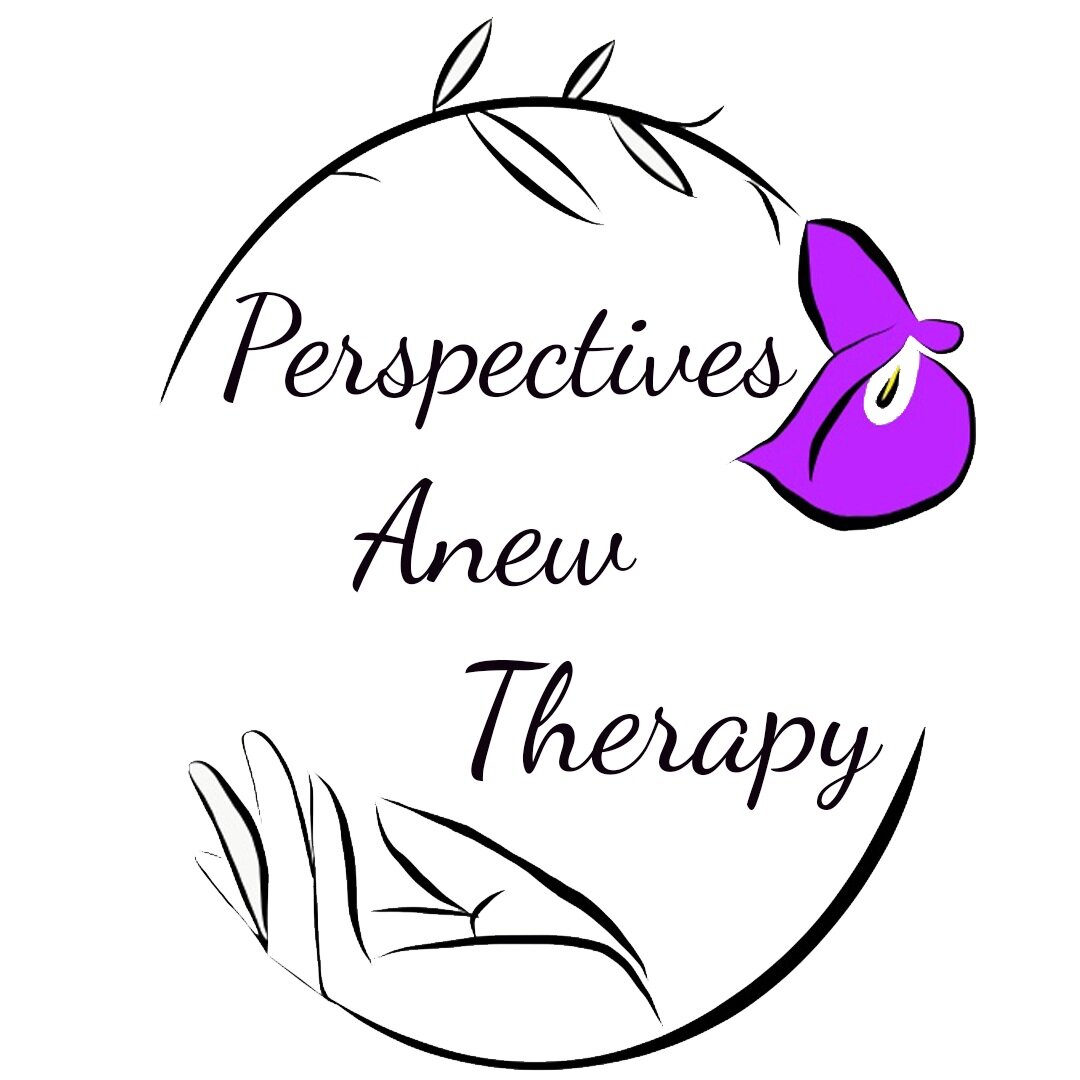Major Depressive Disorder
Clinical depression, also known as major depressive disorder (MDD), is a mood disorder resulting in persistent feelings of sadness and loss of interest. It impacts how you think, feel, behave and can also cause emotional and physical problems. Those living with MDD might experience difficulties doing day-to-day activities and feel as if life is not worth living. Depression is more than just “feeling blue,” or “down in the dumps,” it is a mental health condition that impacts a person’s overall well-being.
Depression might occur one time over the course of someone’s entire life and people usually have more than one episode. During depressive episodes, symptoms that may be present most of the day or almost every day include feeling sadness, emptiness or hopelessness, irritability or angry outbursts, loss of interest or pleasure in most or all previously enjoyable activities, and sleep disturbances. Additional symptoms include lack of energy, anxiety, slowed thinking, speaking or body movement, feelings of worthlessness or guilt, self-blame over past events, difficulty concentrating or making decisions, suicidal thoughts, suicide attempts, suicide, and unexplained physical problems.
Some people living with depression may feel unhappy without a definite reason as to why. Regardless, symptoms can be severe enough that it impacts work, school, social life, and relationships. Depression can present differently in each age group. For younger children, depression often presents as irritability, sadness, clinginess, refusing to go to school, or being underweight. Younger children experiencing depression may also report worrying or aches and pains. In teenagers, depression typically presents as irritability, sadness, negative feelings and worthlessness, anger, poor academic performance or attendance at school, self-harm, using recreational drugs or alcohol, and social isolation.
For older adults, depression may be less obvious or different because the symptoms for this age group include memory difficulties or personality changes, physical aches or pain, fatigue, loss of appetite, sleep disturbances, loss of interest in sex not caused by a medical condition or medication, a persistent desire to stay home, and suicidal thoughts or feelings.
If you are experiencing depression and believe you may harm yourself or attempt suicide, it is recommended by Mayo Clinic that you call 911 or contact the Suicide Hotline by calling or texting 988 which is available 24/7. Services provided by the Suicide Hotline, 988, are free and confidential. For U.S. veterans or service members who call 988 there is an option to press “1” for the Veterans Crisis Line. You can also text 838255 instead or chat online. The Suicide and Crisis Lifeline has a Spanish language phone line at 1-888-628-9454.
There are numerous treatment modalities that aid in the treatment or management of MDD. Medications such as SSRIs, SNRIs, and TCAs may be combined with psychotherapy approaches such as cognitive-behavioral therapy or interpersonal therapy. Behavioral activation works to increase internal motivation in those living with depression while also identifying their depressive cycle and a person’s long-term goals as they relate to personal beliefs and values. Electroconvulsive therapy, or ECT, may be recommended for those experiencing severe psychosis, catatonia, severe depression during pregnancy, acute suicidal thoughts or attempts, or are refusing to eat or drink. Transcranial magnetic stimulation (TMS), is a treatment option for clients who have not reported any benefits of at least one medication trial. Vagus nerve stimulation (VNS) and Esketamine are additional treatment methods that may be recommended if an individual feels that they are not benefiting from medication.
Source: Mayo Clinic, National Library of Medicine
